- Home
- Curriculum
- GCSE Exam Revision
GCSE Exam Revision
Subject specific guidance is at the bottom of this page.
The document below details the exams for 2025 and the timetabled revision or "prep" sessions:
exam_timetable_for_students_2025_.docxGCSE Revision and Study Skills
Ofqual Guide for Students – How To Cope With Exams
Coping with exam pressure - a guide for students - GOV.UK
Feeling prepared for examinations and end of topic tests is not something that comes naturally to us. However, if you have been able to plan your revision carefully and you have taken an organised approach from the outset, you should be able to feel as though you know enough about the topics and examination question types.
Preparing for your GCSEs can be a daunting task, but with the right strategies, you can make your revision more effective and less stressful. Here are some tried-and-tested tips to help you succeed.
1. Create a Revision Timetable
A well-structured revision timetable is crucial. It helps you manage your time effectively and ensures you cover all subjects. Here’s how to create one:
- List all your subjects: Identify the topics you need to revise for each subject.
- Allocate time slots: Dedicate specific times for each subject, ensuring you balance your workload.
- Include breaks: Regular breaks are essential to avoid burnout. Aim for short breaks every hour.
2. Use Active Revision Techniques
Active revision helps you engage with the material more deeply. Here are some techniques:
- Summarise notes: Condense your notes into key points or mind maps.
- Teach someone else: Explaining concepts to others can reinforce your understanding.
- Practice past papers: Familiarise yourself with the exam format and identify areas for improvement. Check your answers against those on the mark schemes that can be found on the exam board websites.
3. Use a Variety of Resources
Different resources can cater to different learning styles:
- Textbooks and revision guides: These provide comprehensive coverage of the syllabus.
- Online resources: Websites, videos, and interactive quizzes can make learning more engaging.
- Study groups: Collaborating with peers can provide new insights and keep you motivated.
4. Stay Organised
Keeping your study space and materials organised can improve your focus:
- Tidy workspace: A clutter-free environment can help you concentrate better.
- Organised notes: Use folders or digital tools to keep your notes in order.
- Mobile phones: put them to one side to avoid being distracted by them.
5. Take Care of Your Well-being
Your physical and mental health are just as important as your academic performance:
- Healthy lifestyle: Eat nutritious meals, stay hydrated, and get enough sleep.
- Exercise: Regular physical activity can reduce stress and improve concentration.
- Relaxation techniques: Practices like mindfulness or deep breathing can help manage anxiety.
6. Tips for Managing Exam Stress
Exams can be stressful, but there are ways to manage this stress effectively:
- Stay Positive: Keep a positive mindset and remind yourself of your strengths and achievements.
- Break Tasks into Smaller Steps: Large tasks can be overwhelming. Break them down into manageable chunks.
- Practice Relaxation Techniques: Techniques such as deep breathing, meditation, or yoga can help calm your mind.
- Stay Connected: Talk to friends, family, or teachers about your worries. Sometimes, just sharing your concerns can make a big difference.
- Avoid Procrastination: Stick to your revision timetable and avoid last-minute cramming, which can increase stress.
- Get Enough Sleep: Ensure you get adequate rest, especially the night before an exam. A well-rested mind performs better.
Conclusion
Effective revision is about finding what works best for you and sticking to it. By creating a structured plan, using active revision techniques, utilizing various resources, staying organised, taking care of your well-being, and managing exam stress, you can maximize your chances of success in your GCSEs. Good luck!
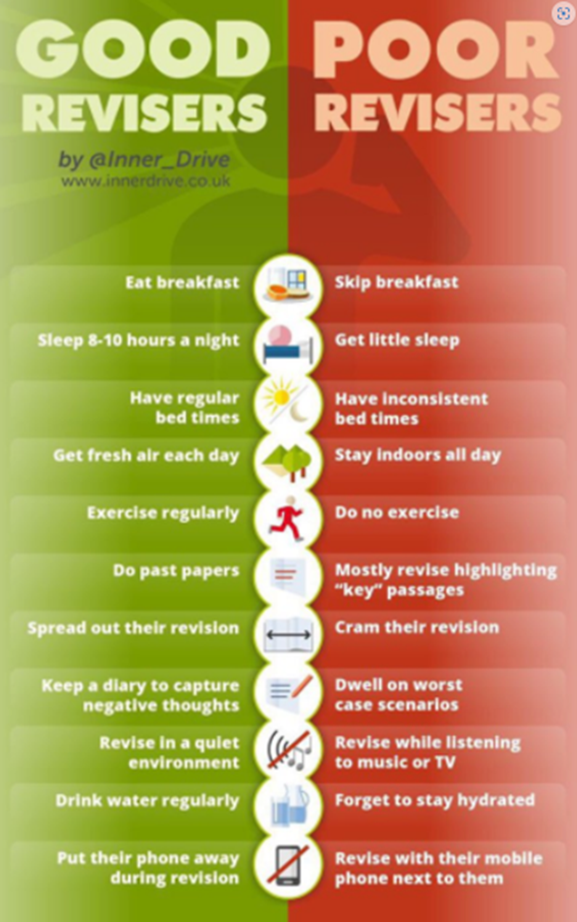
Effective Revision Techniques
1. Pomodoro Technique
- Description: Involves short study sessions of 25 minutes followed by 5-minute breaks.
- Benefits: Enhances concentration and reduces mental fatigue.
- Implementation:
- Set a timer for 25 minutes and focus on studying.
- Take a 5-minute break after each session.
- After four cycles, take a longer break of 15-30 minutes.
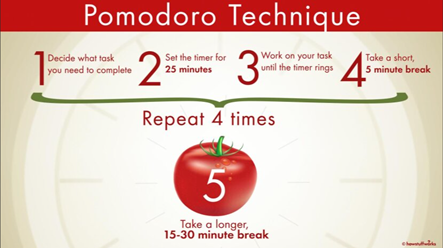
2. Spaced Repetition
- Description: Reviewing information at increasing intervals to enhance long-term memory retention.
- Benefits: Improves retention of large amounts of information over time.
- Implementation:
- Use flashcards or apps like Anki.
- Review material more frequently at first, then gradually increase the time between reviews
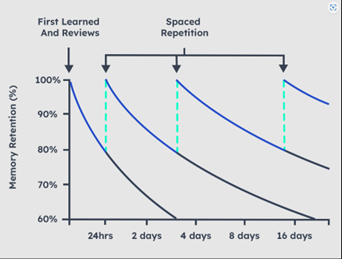
3. Flashcards
- Description: Memorising smaller chunks of information using active recall.
- Benefits: Promotes active engagement and reinforces memory pathways.
- Implementation:
- Create flashcards for key terms and concepts.
- Review them regularly, focusing on challenging cards.
- Use digital flashcard apps for convenience.
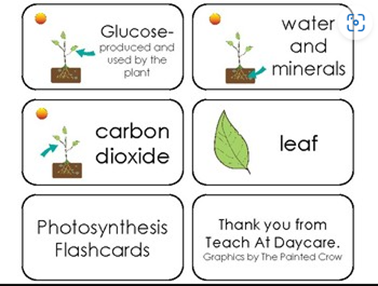
4. Mind Mapping
- Description: Creating visual diagrams to organise and represent information.
- Benefits: Helps visualise connections between key concepts, improving understanding and recall.
- Implementation:
- Start with a central idea and branch out with related concepts.
- Use colours and images to enhance memory.
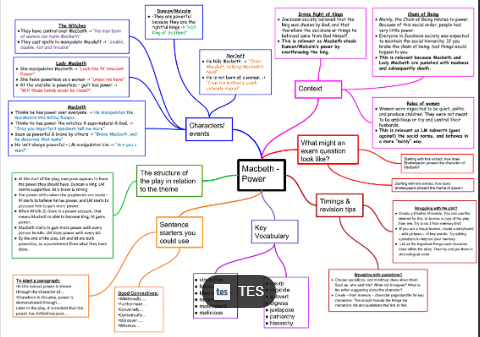
5. Practice Testing
- Description: Self-testing or taking practice exams to reinforce learning.
- Benefits: Improves retrieval practice and identifies knowledge gaps.
- Implementation:
- Use past papers or online quizzes.
- Simulate exam conditions for better preparation.

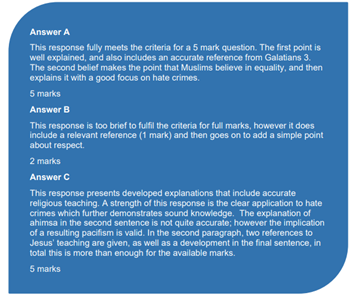
6. Note-Taking Techniques
- Description: Effective methods for recording and organising information.
- Benefits: Enhances understanding and retention.
- Implementation:
- Use methods like Cornell notes, outlining, or mapping.
- Review and summarise notes regularly.
7. Collaborative Revision
- Description: Studying with peers to share knowledge and insights.
- Benefits: Encourages discussion and deeper understanding.
- Implementation:
- Form study groups.
- Discuss and quiz each other on key topics.
Exam Board Websites
Online Learning Links:
Free Homework & Revision for A Level, GCSE, KS3 & KS2
GCSE Learning and Revision | GCSEPod
english_useful_websites_and_resources_2025.docx
food_technology_revision_links.pdf
geography_revision_challenge_2025.pdf
revision_guide_for_year_11_french.pdf


